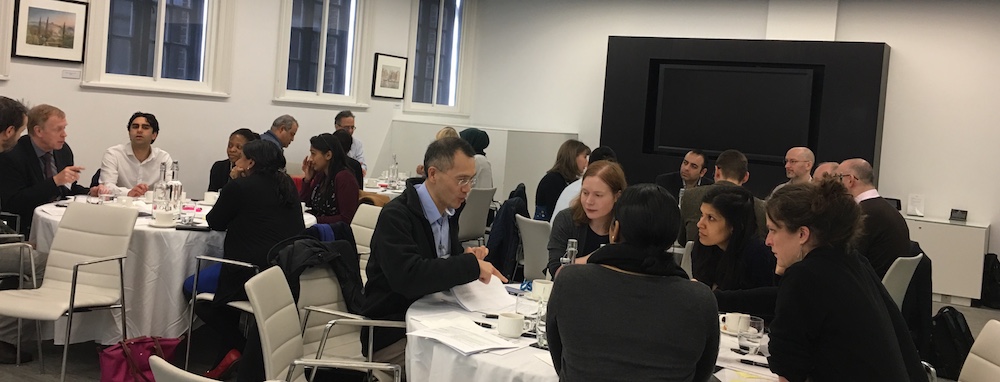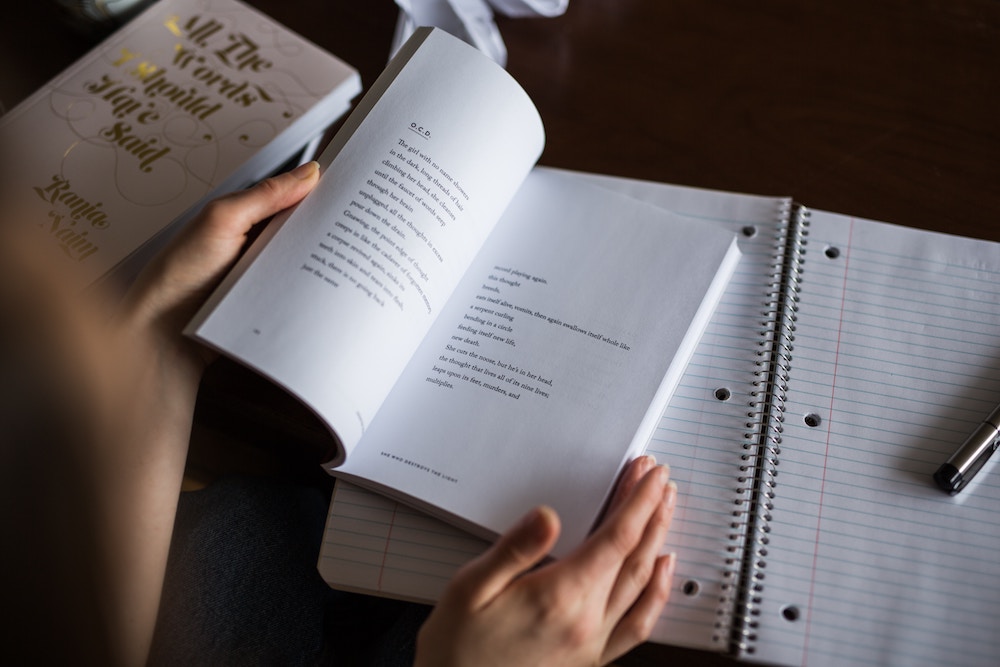
Like the one whose taste in music veers consistently and increasingly away from societal norms and thus is destined to spend too much time sat in darkened rooms accompanied only by an empty bottle and the conviction that only he or she knows how music really ought to sound, it can be a lonely experience seeing things differently to the majority.
Nevertheless, it needs to be said that it’s not unusual, in this vale of tears, for it to be hard to be human. Neither is it abnormal.
We live in a marketplace where fun sells and where sadness, therefore, must not be tolerated.
And so we are urged to clap along if we feel like happiness is the truth. Such is a popular song, a popular notion. But the truth isn’t determined by what is popular. Whilst it’s great, when you’re happy and you know it, to clap your hands, it’s not always possible.
Because the truth is that everybody hurts. Sometimes.

Citizens who failed to comply with the demand that everyone must be happy would be duty bound to be treated and thereby cured of their despair. Tears would prompt urgent calls for medical attention and duty doctors would have to offer countless emergency appointments to manage the sad. Anything that might legitimately lead to unhappiness would not be tolerated. To accept the inevitably of death would be frowned upon and the population would be encouraged to perpetually medicate themselves to prevent such an unacceptable outcome regardless of the adverse outcomes and futile nature of their attempts. Those who stubbornly insisted on remaining ill would suffer the ire of a disapproving state and be disciplined for their sickness record by those who employed them.
And even when death finally came, as still it surely would, it would, as much as possible, be swept unseen under the carpet. Rather than dying, people would be allowed only to ‘pass on’. Clocks would not all be stopped, telephones would not be cut off, dogs would not be silenced with a juicy bone. Instead, normality would go on uninterrupted, fun would continue unabated. Rather than unpleasant funerals being held with all their accompanying solemnity and unhelpful and distasteful grief, people would gather together for celebrations, every one of them attired in brightly coloured party clothes.
Imagining death had therefore somehow be conquered, everyone would smile and pretend to be happy, all the while posting selfies of themselves to convince themselves, and others, that such was indeed the case. And those who failed to mask their sorrow, those who upset others by being too feeble minded to carry on without experiencing and expressing sadness, would be paraded before clinicians who themselves would be only too ready to label their grief as a sickness and medicate them for their evident ill health.
To admit the normality of sadness is not to deny its pain.
Weeping is a part of our existence just as much as laughter. It is a sound we must not silence.
Sometimes everything is wrong – and when it is, it is still a time to sing along. To do so is to recognise and understand what we know we feel but might otherwise be unable to fully express. Like crying, to sing of our sadness is to give our feelings voice. Such is the power and importance of lament.
To sing of our sorrow is, perhaps, to refuse to deny how black our feelings are – even as, ever so slightly, we allow that darkness to be lightened.









4.5